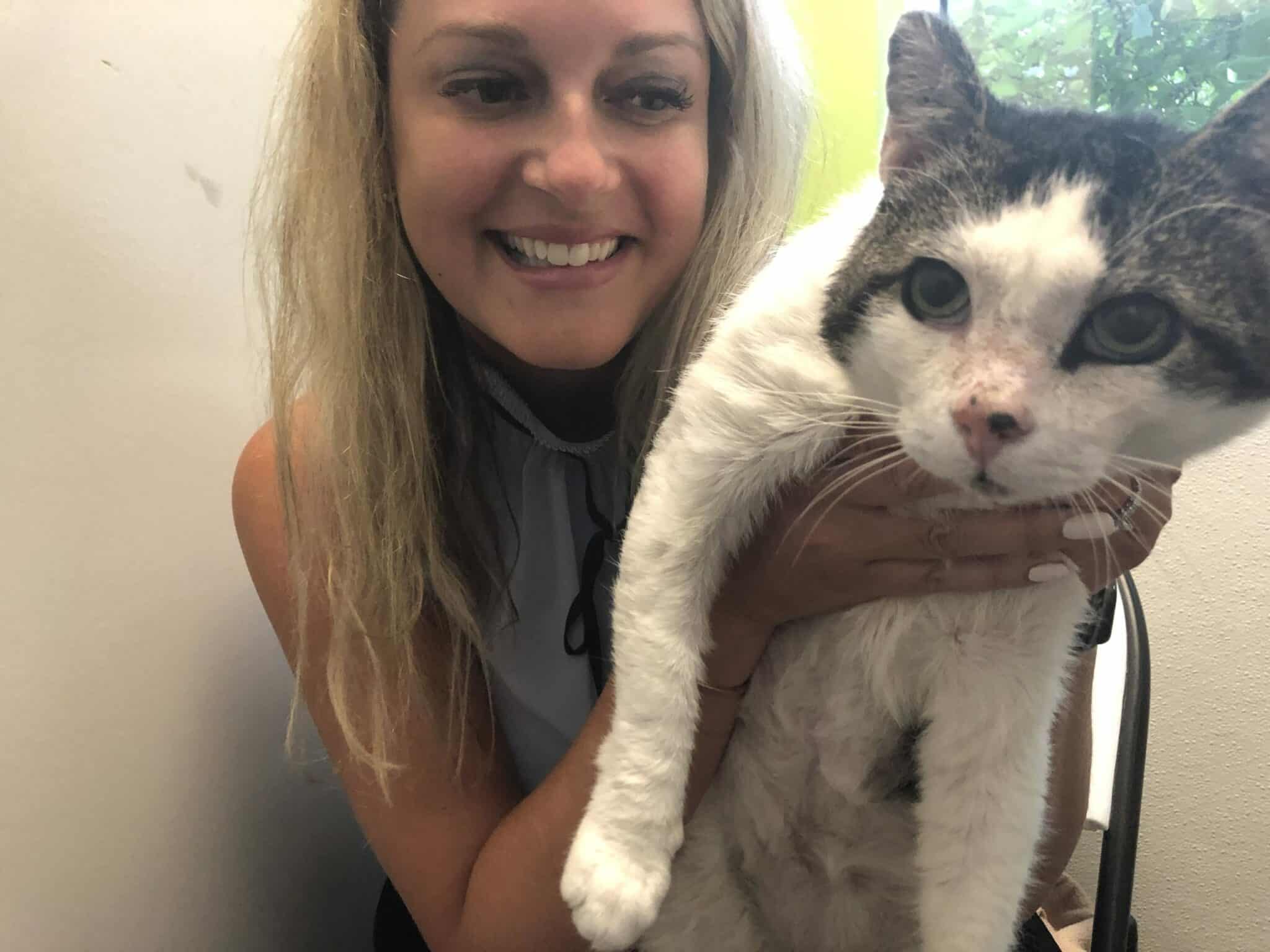
Canadian Shelters See Increase In Animals Surrendered and WHS Is No Exception

Hello Supporters,
You may have noticed the WHS in the media as of late as we experience high intake and surrender numbers, leading to a very full shelter. Ebbs and flows are the reality of shelter life, but we are currently operating at an 85 percent capacity level at all times, any peaks then fill us to the brim.
With that said, we are not alone. This is currently a Canada-wide trend, so much so, Humane Canada, Canada’s federation of Humane Societies and SPCAs, recently held a meeting with stakeholders on the issue.
Canadian shelters are seeing an increase in animals surrendered due to many reasons but have identified a few key indicators: behavioral issues, having too many animals, going back to work, no longer wanting their animal, and the cost of veterinary services being high. As we know, the pandemic shut down many community services, including behavioral resources and classes, and with a North American wide-veterinary shortage, veterinary care remains costly.
I can assure you I would not notify you of these worrisome industry struggles if nothing could be done, but there is always a way.
To keep animals in their homes and out of Canadian shelters, including ours, let’s work together to promote our programs.
- Our Emergency Pet Food Bank collects and distribute pet food to those who are not able to buy food for their animals, whether it’s due to financial or personal situations. We welcome all food donations to support this initiative. More details on how to apply to be a recipient of the emergency pet food can be found here.
- Our Urgent Care program offers low cost, short-term veterinary care for pets who have been diagnosed with an urgent condition and their owners are not able to afford that care at their own clinic. Our goal is to help pets get through an urgent medical situation on a short-term basis. Please contact our WHS Clinic directly to see if you qualify and to apply: 204-982-2036.
- Our Primary Care program provides basic pet wellness needs such as physical exams, vaccinations, heartworm preventative and minor medical issues, for clients who qualify a low-income and need our help. Please contact our WHS Clinic directly to see if you qualify and to apply: 204-982-2036.
- Our Behaviour team offers a variety of Behaviour Resources including onsite Animal Training and Behaviour classes to assist with your pet training needs. From house training a new puppy to managing certain behaviours in adult dogs, our behaviour experts are here to help. Pet owners may also take advantage of our free Behaviour Helpline (204-988-8808) to speak directly to our Behaviour Counsellors.
The good news: Adoptions remain on an upward climb looking close to pre-pandemic numbers, sometimes this can mean close to 60-70 animals being adopted each week! Nothing stops our supporters and animal lovers alike from choosing to live a life with companion animals. How great is that!
The WHS is committed to continuing and growing our diversion programs, these programs being key in helping animals externally of the shelter and providing resources to do just that.
If you can assist us by becoming a foster parent, click here to learn more. Foster Parents ensure we can help many more animals at one time, more than we could ever fit in our shelter.
If you have a barn, warehouse or appropriate structure and are interested in hosting a barn cat(s), please read up on our Barn Buddies program; this program enables semi-feral and less socialized cats an opportunity to strive in a comfortable environment.
All of the above-mentioned pieces are a part of the sheltering puzzle and help keep us going. I know that together we are good at doing hard things.
Thank you for listening and for your ongoing commitment to our shelter animals.
With love and compassion,
Jessica Miller
WHS CEO

